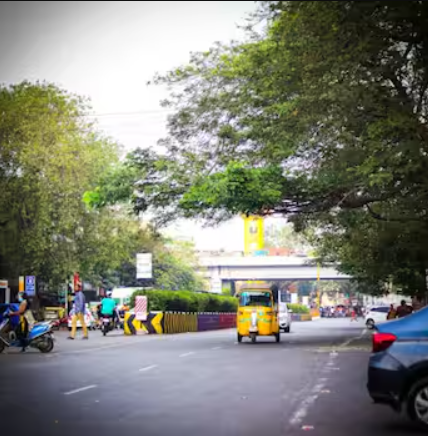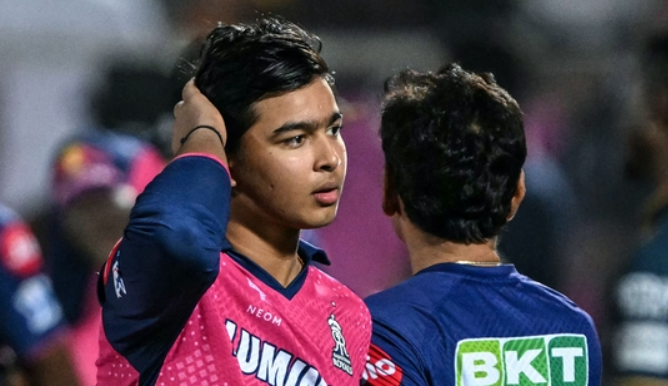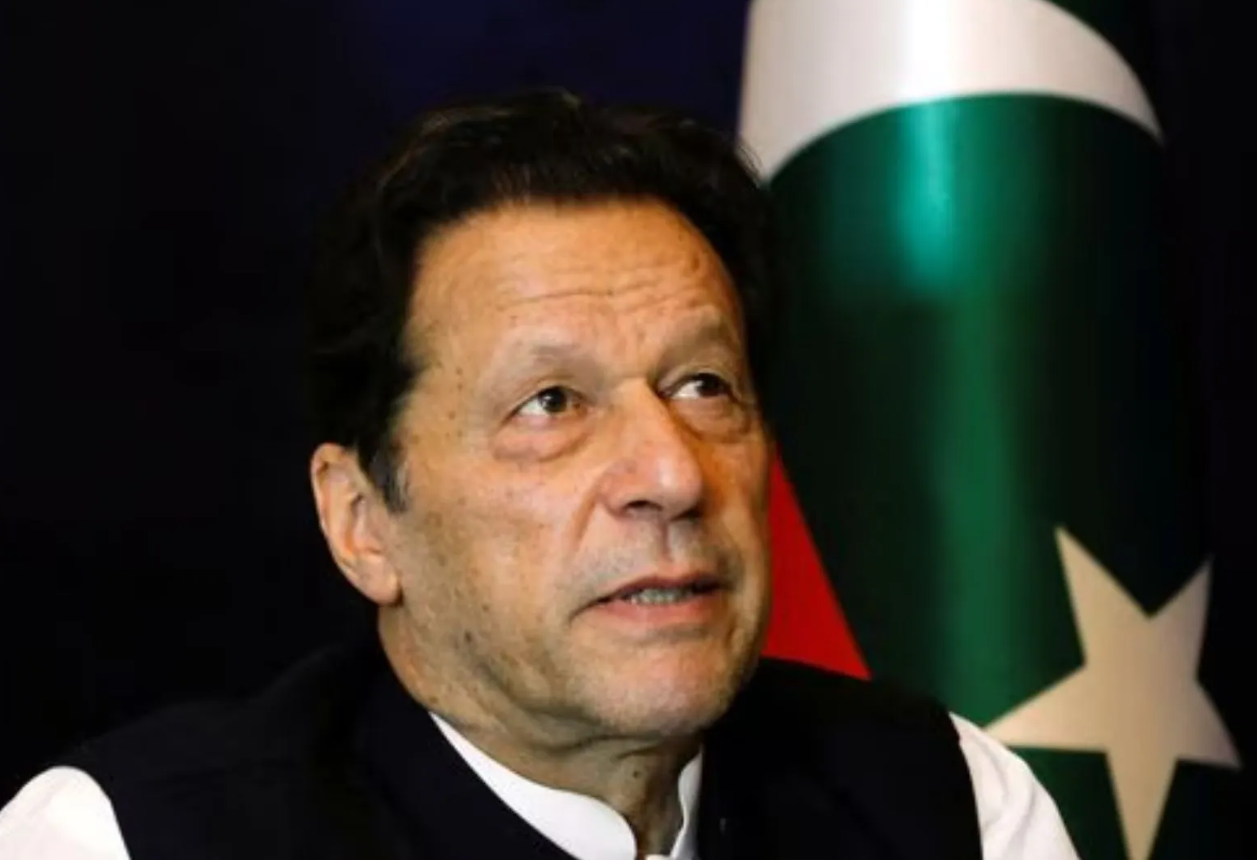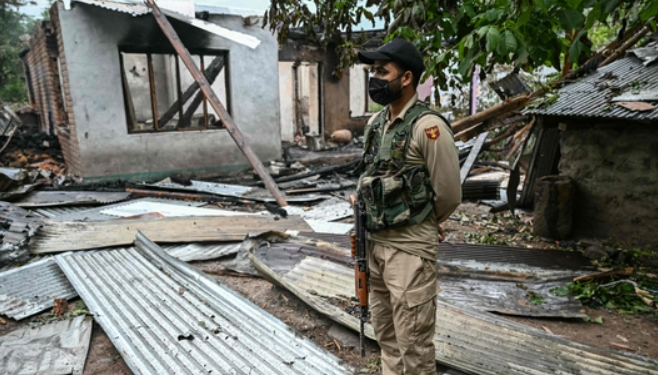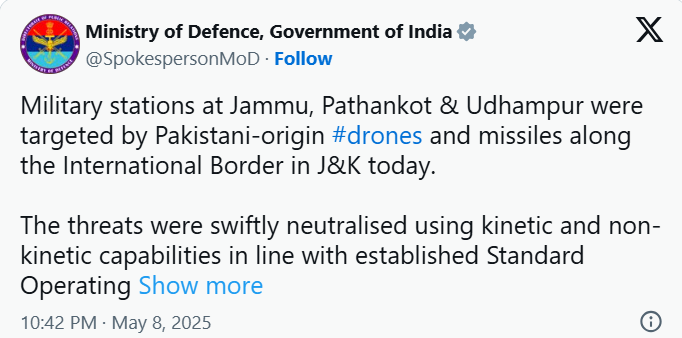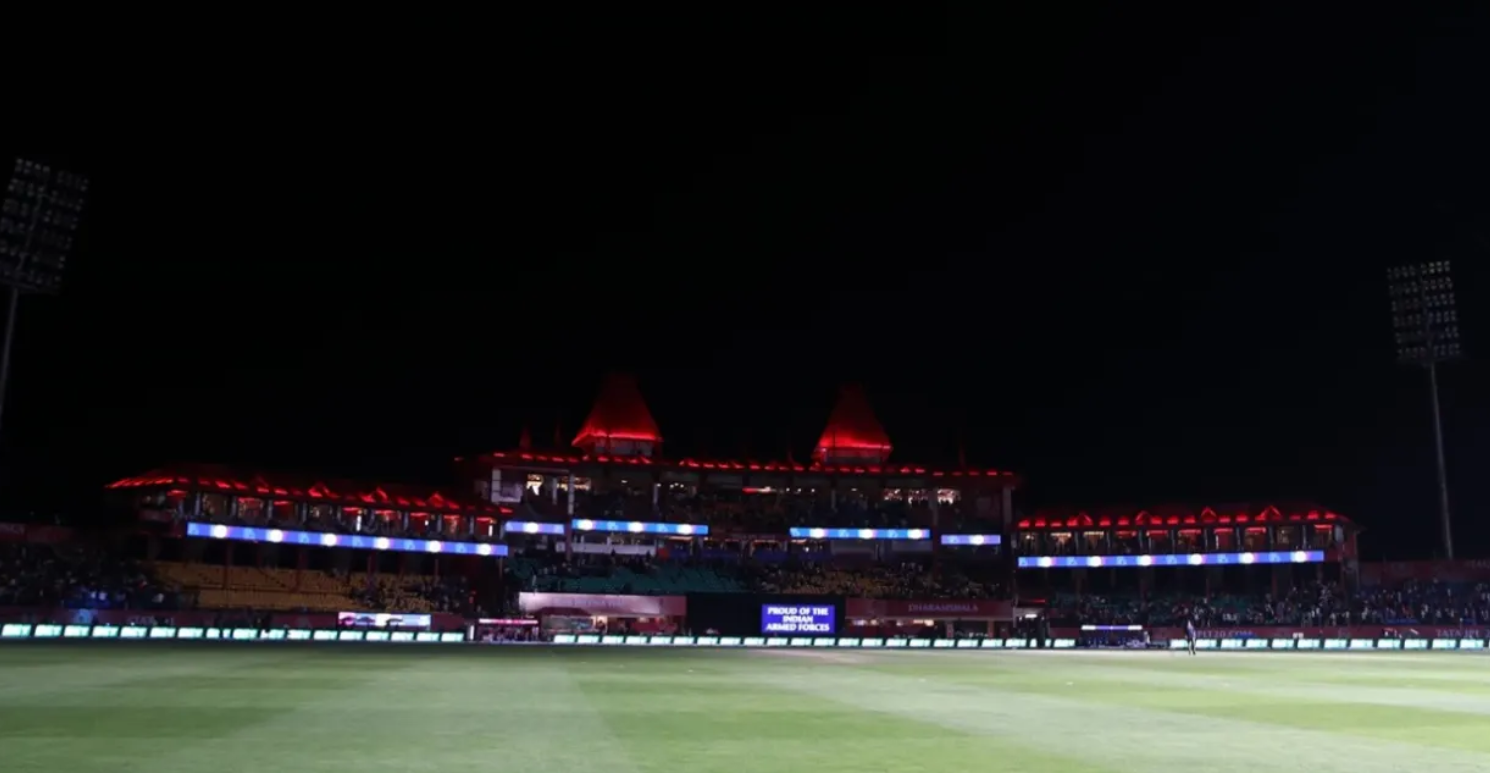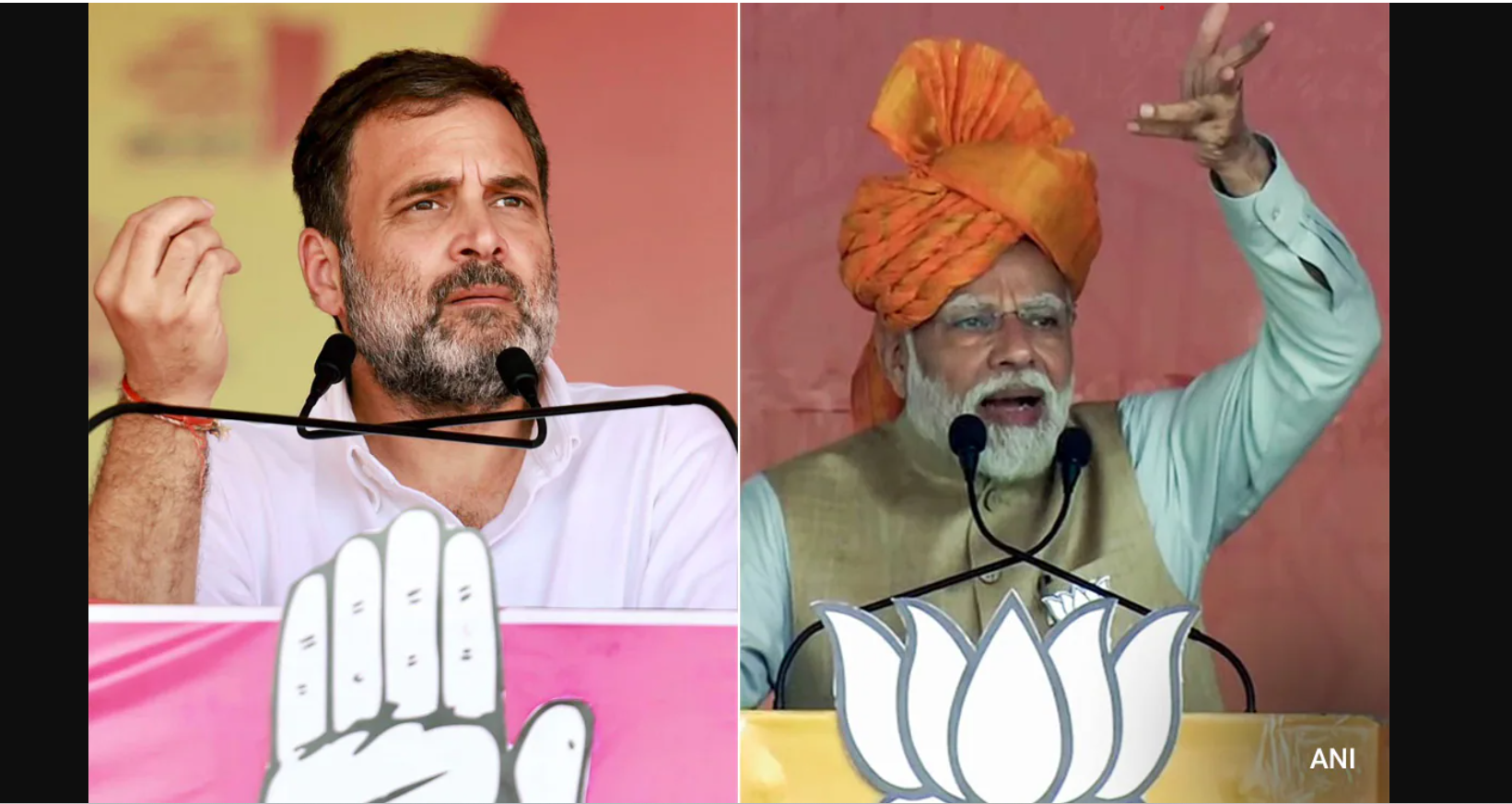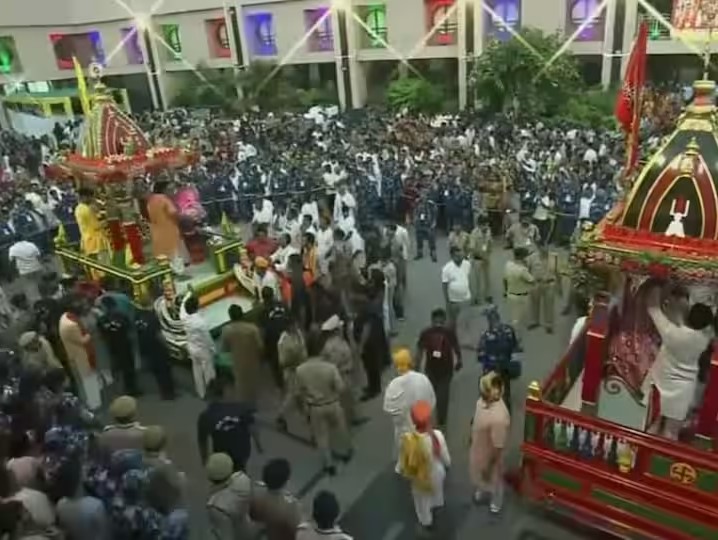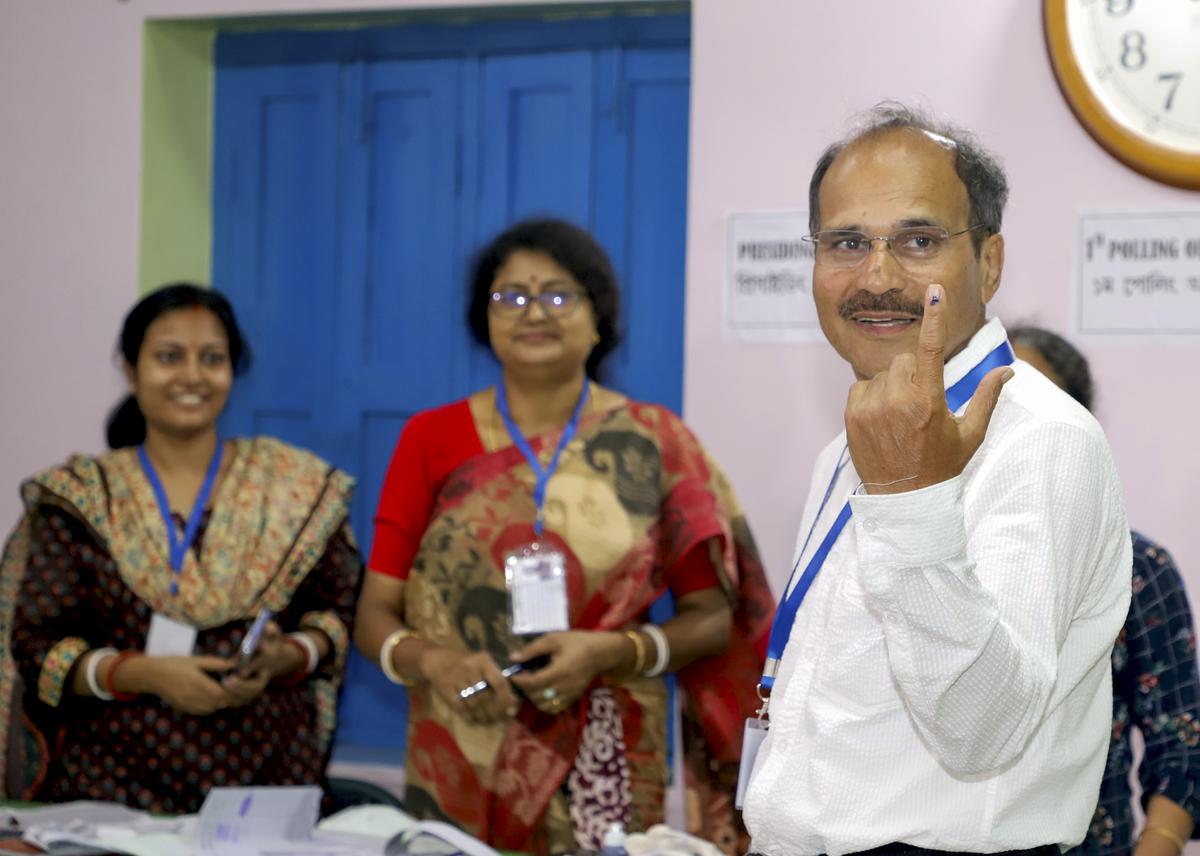
Based on the provided information about the fourth phase of the Lok Sabha elections, here are some key points that could be highlighted:
1.) Voter Turnout: The overall voter turnout in this phase was 64.60%, with the highest turnout recorded in West Bengal (76.89%) and the lowest in Jammu and Kashmir (38%).
2.) Number of Constituencies and Candidates: Voting took place in 96 constituencies across 10 States and union territories, with a total of 1,717 candidates in the fray.
3.) Incidents of Violence and EVM Malfunctioning: Despite the election process, incidents of violence and Electronic Voting Machine (EVM) malfunctioning were reported from some States, raising concerns about the electoral process's integrity.
4.) Party-wise Performance: The BJP, YSR Congress, Bharat Rashtra Samithi, Congress, Trinamool Congress, and other parties contested for seats, with BJP having won 42 seats in the previous elections.
5.) High-profile Contests: Several high-profile contests were observed, including in Krishnagar, Baharampur, and Asansol in West Bengal, where prominent candidates from different parties were contesting against each other.
6.) Special Circumstances: The elections in Jammu and Kashmir were significant as they were the first after the abrogation of Article 370, with Srinagar recording its highest turnout in many decades.
7.) Controversies: Instances of controversy, such as the case against BJP candidate K. Madhavi Latha in Telangana for allegedly asking burqa-clad women voters to show their faces, and accusations of violence between TDP and YSRCP in Andhra Pradesh, added to the election's complexity.
8.) Upcoming Phases and Counting: The remaining three phases of the elections are scheduled for May 20, May 25, and June 1, with counting set for June 4, marking the conclusion of the electoral process.
These points can provide a comprehensive overview of the fourth phase of the Lok Sabha elections, covering various aspects such as voter turnout, party performance, notable contests, controversies, and the overall electoral process.

